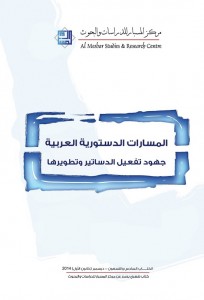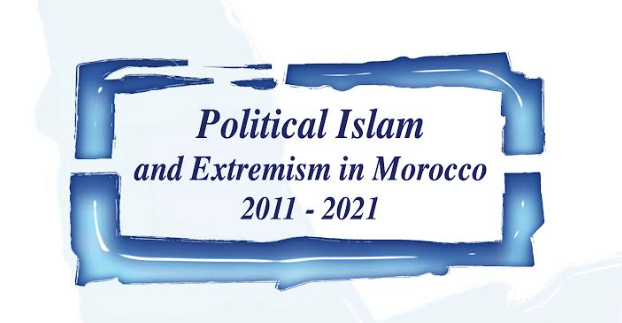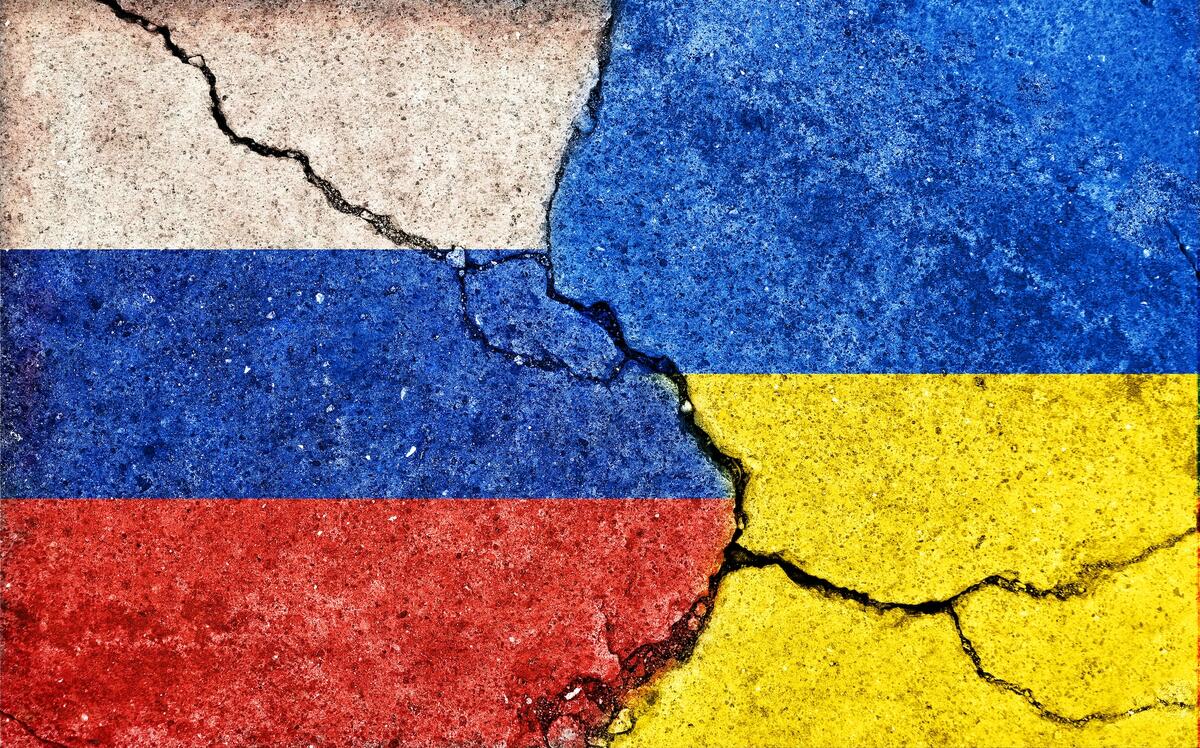 One of the major challenges facing many Arab societies is a crisis of political structure: What type of state do these societies belong to? What are their governing institutions? How is authority to be apportioned between the executive, the legislative, and the judiciary, and how should their leaderships be chosen? What stake does the average citizen have in the government? How does one establish political accountability? What is the meaning of citizenship, and who is a citizen? These and many other questions which may seem elementary in other societies are still unanswered in the Arab world.
One of the major challenges facing many Arab societies is a crisis of political structure: What type of state do these societies belong to? What are their governing institutions? How is authority to be apportioned between the executive, the legislative, and the judiciary, and how should their leaderships be chosen? What stake does the average citizen have in the government? How does one establish political accountability? What is the meaning of citizenship, and who is a citizen? These and many other questions which may seem elementary in other societies are still unanswered in the Arab world.
In the early formation of most Arab states, the establishment of a constitution was something of an afterthought — and yet it is within a constitution that one is supposed to find the answers to many of the questions above. This vital topic is examined in the 96th edition of Al Mesbar’s monthly book series, for December 2014, Trajectories of Arab Constitutions: Efforts at Development and Implementation. The book contains a set of studies that explore the efforts of several Arab states to developing or amend their constitutions following the revolutions that began in late 2010. Challenges and constitutional dilemmas are highlighted in the studies, as well the various methods to address them.
Arab states have indeed faced numerous constitutional dilemmas since the first Arab constitution was drafted in Tunisia in 1861. For much of the region’s modern history, the overarching problem was that constitutions failed to meet the people’s aspirations and reflected the ideological tendencies of the historical period in which they were written. Constitutions were also seen as unrealistic, or inapplicable. They were drafted in a way to preference one political ideology over another. Narrow ideologies informed the basic tenets of authority. As a result, the constitutions were distorted, and became a space for political conflict rather than a basis for national consensus.
Another essential constitutional problem has been a culture in which merely turning one out has been the primary goal. This is an issue very few people discuss. A constitution is not merely a political document; it is an expression of modern state-building. If the state-building project flounders, the constitution will face crises regardless of how erudite the draft is. The essence of the matter is not whether a state has a constitution or not, but whether the citizens believe they constitute a polity that requires a social pact to create order. Previous constitutional processes neglected the fact that any constitution is a reflection of a deeper cause— the very essence of a state built within sovereign recognized geographical borders. This idea has not been sufficiently affirmed, and remains flummoxed by pan-Islamist and pan-Arabist trends which are based on religion and language rather than a transcendent national identity.
“The spirit of a modern state” is one way of describing what a constitution should be — though in principle, it need not be referred to as a constitution at all. Saudi Arabia, for example, has a document called “The Basic Law of Governance” which serves the function of a constitution. Nor need a constitution be complete or entirely satisfactory when initially ratified. In fact, most constitutions of the world have been amended and developed in accordance with the political and historical transitions that followed their issuance. A “state” is a dynamic and developing project and, and so its constitution should also be dynamic. However, there are conditions that must be met for a constitution to mature and be effective. The first of such conditions is that the political establishment desires to build a nation and a state for its citizens — one that reflects the aspirations of all society’s sectors and maintains their rights. Doing so is an extremely challenging proposition — challenged, to begin with, by the phenomenon of “political Islam,” whose theorists reject the idea of a modern state built on citizenship, secured freedoms, sovereignty of law, respect for pluralism, and political accountability.
We hope this book serves to highlight the legal, political, economic, and social aspects of constitutional experiences and challenges in the Arab world — particularly those that arose in the aftermath of the protest movements of 2010-2011.
The center would like to extend its appreciation to all the scholars who contributed to this book, especially Dr. Mohammed Haddad, who coordinated the chapters.









